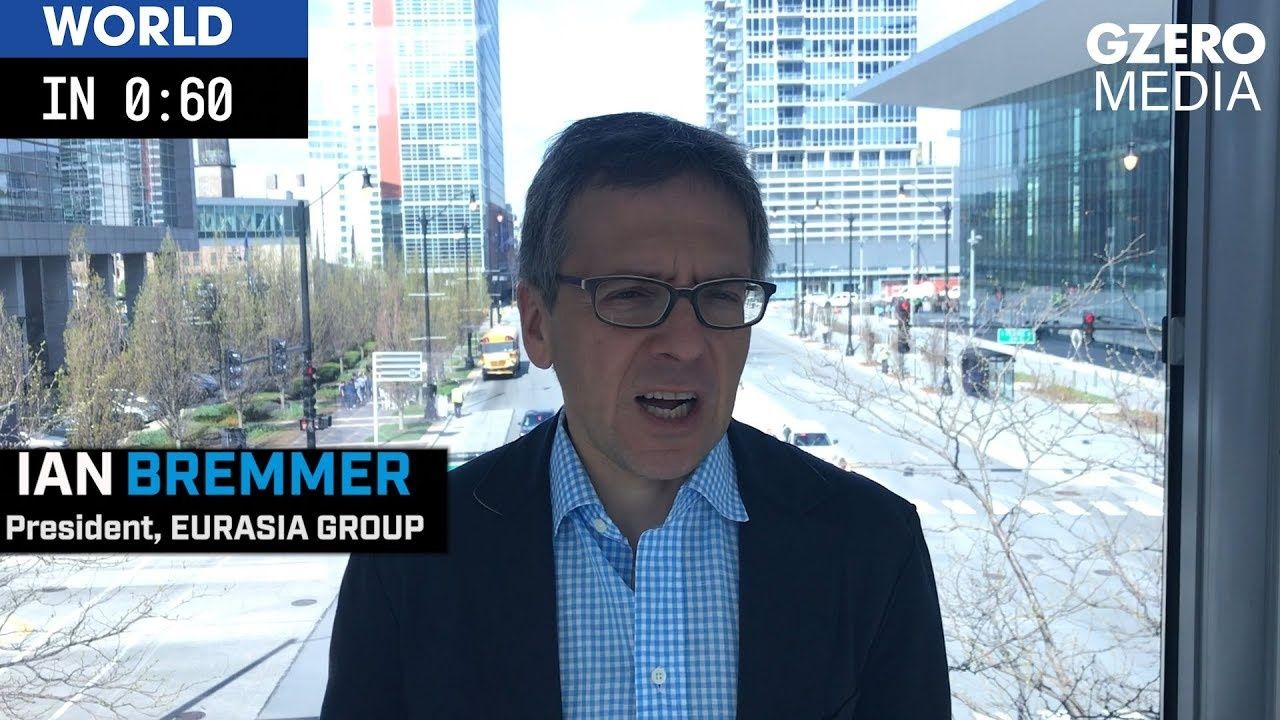
Did the Philippine midterm election strengthen Duterte?
It certainly did. He won almost all the Senate seats that were up. He has the ability now to move ahead with constitutional reform. Something that has been challenging for him. Any economic and pro-investment pieces he wants to do, also aligning more with China because he wants more inbound investment. Even though it's not all that popular domestically. His drug war on the other hand is quite popular domestically. It's not internationally and certainly not with the drug lords.
How likely is a conflict in the Persian Gulf?
It's getting a little bit more likely. The Iranian economy is falling apart. The Americans are pressing and the Europeans can't help very much. And that means the Iranians are starting to pull themselves out of the nuclear deal something they really wanted to avoid doing. They were hoping they could last Trump out of one term administration. That means that the potential for an accident leading to escalation is growing still not likely but it's absolute something to worry about.
Where does the US-China trade war go from here?
Well it goes to Tokyo, where Trump and Xi Jinping are going to be meeting at the G20 summit. We've got to be worried about that, but I'm still kind of optimistic because the next round of tariffs, if they were to hit, are the ones that go directly on all the goods Americans buy - the iPhone for example - lots of things from China you see those prices go up. It's going to be much worse than what we've seen so far. I suspect that on balance it's close. It's not easy. It's publicly difficult. But I still think on balance we're going to end up with a deal between Xi Jinping and Donald Trump.